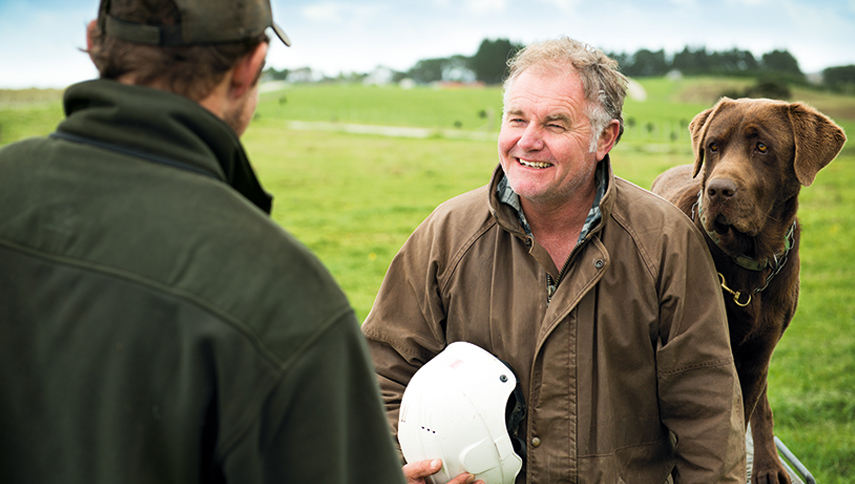
Good listening skills make all the difference
Module Overview
There is no single one formula on the best way to help when someone is struggling, but there are some approaches that will work for most people, most of the time. Being a good listener is key to being able to help. Following are some tips on how to listen well.
Ask
If you think someone is having a tough time, don’t be afraid to ask how they are. Even if they don’t want to talk, it’s good for them to know that you are there.
Listen
If they do want to talk, be open minded, non-judgmental and listen. Everyone needs the chance to talk through their dilemmas and struggles with someone they trust and not feel judged by. Listening non-judgementally also helps to take away some of the fear they may be feeling about what they are struggling with.
Resist giving advice
Resist the temptation to jump in and give advice, unless someone specifically asks you for it. Just listening gives people the chance to hear themselves speak their own thoughts and feel socially connected and less isolated. When you listen like this they will be more likely to tell you the full story that gives them a better chance of solving the problem.
Open ended questions can help
If you need to keep the conversation going use open ended questions. Questions like “What happened to make you feel like that?” or “What do you think about that now? can help the person to talk more freely.
Build empathy and trust
Don’t try and give an amateur diagnosis (such as you have depression or anxiety), minimise how they are feeling, or to tell them that you have problems too. Keep your mind open and respond to what they are saying at face value.
Choose a good place to talk
Choose a place to talk where they are most comfortable. Sometimes doing something gently physical, where you can also keep the conversation going, like going for a walk together in a non-stressful environment can help.
Give them time
Some people might prefer a text or email rather than talking on the phone or face-to-face. This means they can get back to you when they feel ready. People will want support at different times or in different ways, so ask how you can help. If they don’t need your help now don’t give up. Keep checking in with them.
Know what professional help services are available in your area
It’s not your job to fix someone – all you can be is one of their supporters in the bigger picture of them overcoming their immediate struggles or recovery from a set back. However it is good to know what help services are available in your area should they be needed. Reassure them it’s OK and normal to ask for help. Refer to https://farmstrong.co.nz/wellbeing-topics/getting-help/ for a list of national services that are available.
If you are still worried
Encourage the person to visit their GP. This is quite a non-threatening for most people, and GP’s can coordinate access to mental health supports if this is needed. When you are listening, if what they are saying sounds dangerous towards themselves or others contact a helpline yourself as soon as possible or if very serious, emergency services. In this situation stay with the person, or if you don’t feel comfortable to do that find someone who is.
There is very helpful and comprehensive advice from the Mental Health Foundation if you are worried that someone is suicidal at: https://www.mentalhealth.org.nz/home/our-work/category/34/suicide-prevention


